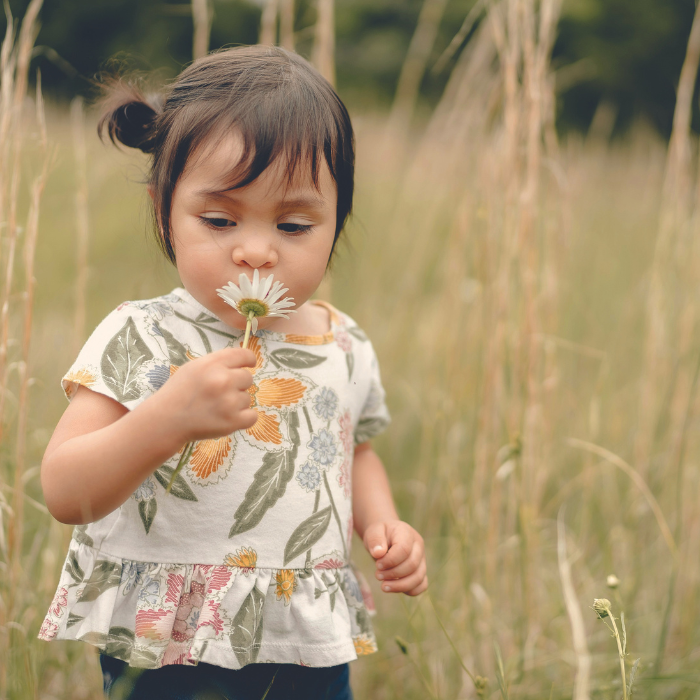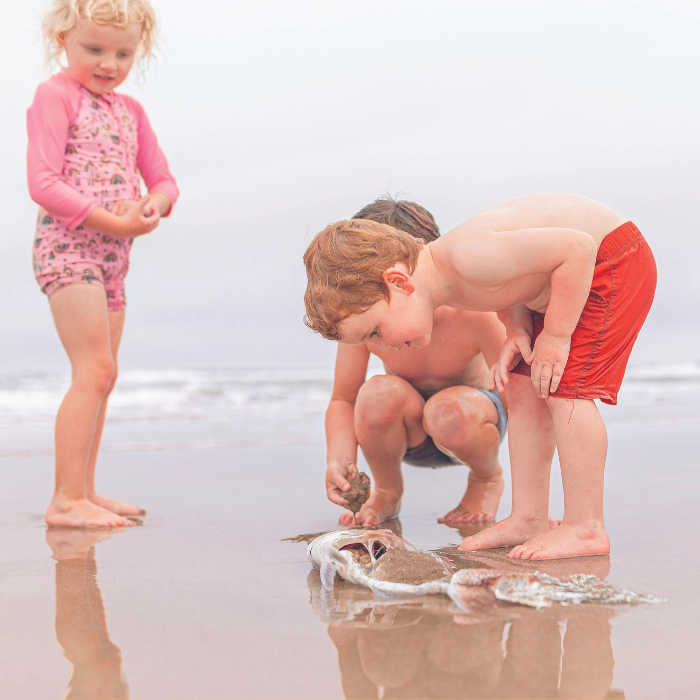
Mindfulness teacher, mama to twin boys, and author, Jet’aime Hayr looks at how to identify if your child is an empath and how to help them navigate their feelings?
When one of my twins was eight weeks old, he cried when he heard a sad song. He’d stop as soon as I turned off the music and would cry again when he heard the song. I knew then that like me, he was an empath. “Isn’t he sensitive”, the family remarked. Although the word ‘sensitive’ is often used to describe him, being an empath is much more than that. According to research, just one to two percent of the population are empaths, and there are two types: physical and emotional. Physical empaths can feel other people’s symptoms and pain, such as backache and headache. Whereas emotional empaths absorb the world’s stress, along with that of their friends and family.
EMPATH OR EMPATHIC?
Being an empath is different from being empathic. Empathy is the ability to understand what other people are feeling. Being an empath means you feel other people’s feelings as though they were your own. It’s not unusual for empaths to experience a rainbow of emotions daily.
SIGNS YOUR CHILD IS AN EMPATH
Highly emotional – Your child feels other people’s emotions (sadness, joy and even anxiety) as though they were their own.
Increased sensitivity – Heightened sensitivity to external stimuli such as loud noises, big crowds, strong flavours, and scratchy textures. Clothing tags drive empaths crazy, but they love curling up in a soft blanket.
Tires easily and needs alone time – They may need ‘alone time’ away from other people. Even if they are extroverted, other people’s feelings can be tricky to deal with. Hence empath children may take naps to recharge – especially after experiencing other people’s emotions.
Difficulty managing emotions – Navigating intense emotional experiences can be hard and empath children may find calming down is a challenge.
Tips for parenting an empath
Teach your child what being an empath means, how they can manage their emotions and selfregulate and to come to you when they need support. Remember: although empaths can get upset easily, their capacity for joy and love is vast and wondrous.
PUT ON YOUR OXYGEN MASK FIRST – Finding your own calm prevents your emotions from mirroring the child’s, who will then spiral downward if they can’t fi nd the safe harbour they crave
SET AND TEACH BOUNDARIES – Allow your child time to relax and recharge. Schedule downtime. Take them for nature walks and let them sink into a warm bath. Teach them it’s OK to say ‘no’ to activities they don’t have the energy for and don’t fill every waking moment with activity.
TRY THE 5-4-3-2-1 SENSES EXERCISE – Observe five things they can see, four things they can touch, three things they can hear, two things they can smell and one thing they can taste
LOVE AND SUPPORT WHO THEY ARE – Don’t tell your child they are ‘overly sensitive’ or to ‘harden up.’ They will become more resilient to others’ emotions through self-acceptance
TEACH THEM MINDFULNESS – Mindfulness skills help people to regulate their emotions. I wrote The Little Tiger With The Big Temper (below) – which includes an audiobook and guided meditation – so families can learn basic mindfulness techniques which can foster emotional literacy, self-awareness, and self-regulation skills.
BOOKS THAT HELP EXPLAIN, UNDERSTAND AND SUPPORT CHILDREN’S EMOTIONS









